NODE+CODE #20 – You ok, Robot?
When bodies and code converge, and the boundaries blur.
For NODE+CODE #20, we explore artistic practices that engage with robotics not merely as mechanical tools, but as living entities situated within a broader ecological and material context. This evening invites you to consider how programmed behavior, natural processes, and human perception intersect.
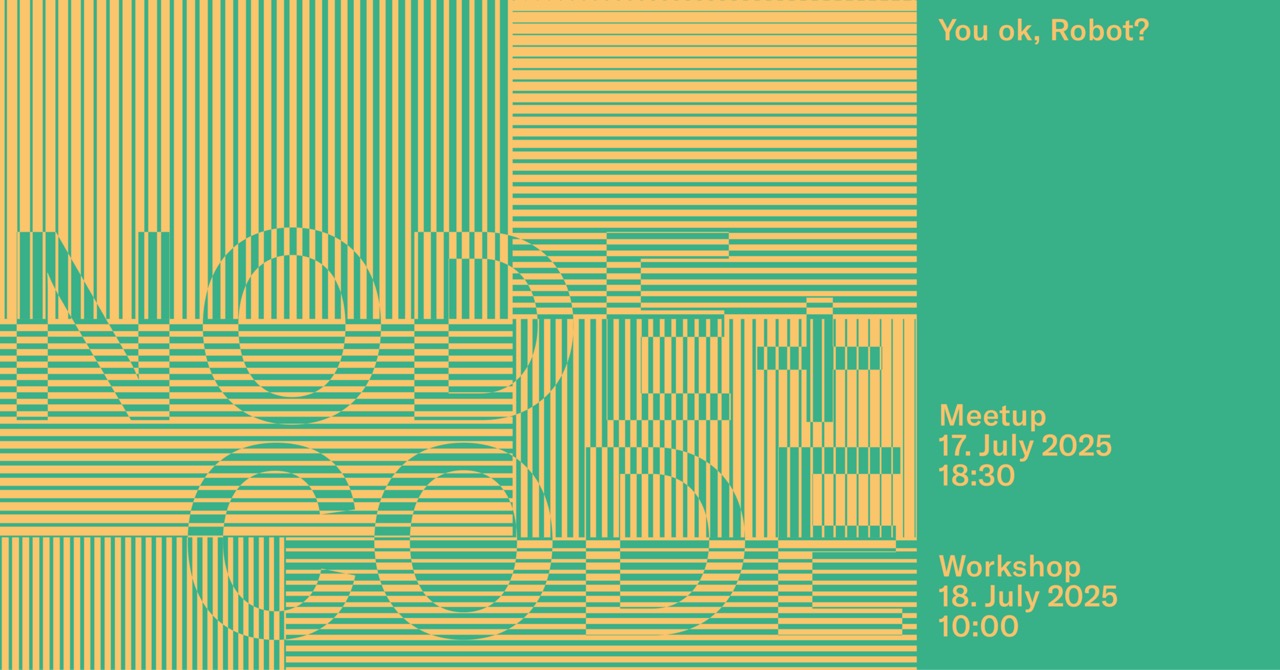
Contributors
We’ll have two presentations from three contributors this time around:
Offenbach based artists Carolin Liebl and Nikolas Schmid-Pfähler create sculptures and installations that explore the aesthetic, social and ecological effects of technological developments, using elements of robotics and scientific processes. In their works, material qualities of a visual and haptic nature are just as important as programmed processes, physical laws and chemical reactions.
From Linz, Austria, we’re expecting Amir Bastan whose work explores human consciousness, artificial intelligence, and robotics within media arts and interactivity frameworks. Currently a doctoral researcher at Creative Robotics and lecturer at Kunstuni Linz, Amir’s research focuses on “The Human Robot Transference,” which examines connections between psychoanalysis theories and human-robot interaction.
Amir will also host a workshop the following day! Find more info here!
Uncertain, Incomplete, Uncanny – by Amir Bastan
You’re alone, replaying a conversation in your head. You begin to speak, first internally, then perhaps aloud. But who are you speaking to? No one is there. And yet, something insists on being said. This moment reveals a structure fundamental to subjectivity. Drawing on Lacanian psychoanalysis, Amir explores the distinction between “reality”: what is symbolically ordered and, the “Real”: what resists symbolisation. At the centre is “lack”: not simply what is missing, but what must be missing for the subject to exist.
Turning to robotics, the talk considers why do people fear robots like Spot? Why does a four-legged machine walking in a park elicit more anxiety than militarised drones already in use? Amir argues it is not their function, but their ambiguity that unsettles us. These robots become “object (a)”: uncertain, incomplete, uncanny.
The talk introduces “quasi-interaction”: a symbolic illusion of reciprocity, and “parallel interaction”: two entities acting side-by-side without shared address or mutual structure. In this light, human–robot interaction becomes not communication, but a negotiation with absence, projection, and the limits of meaning.
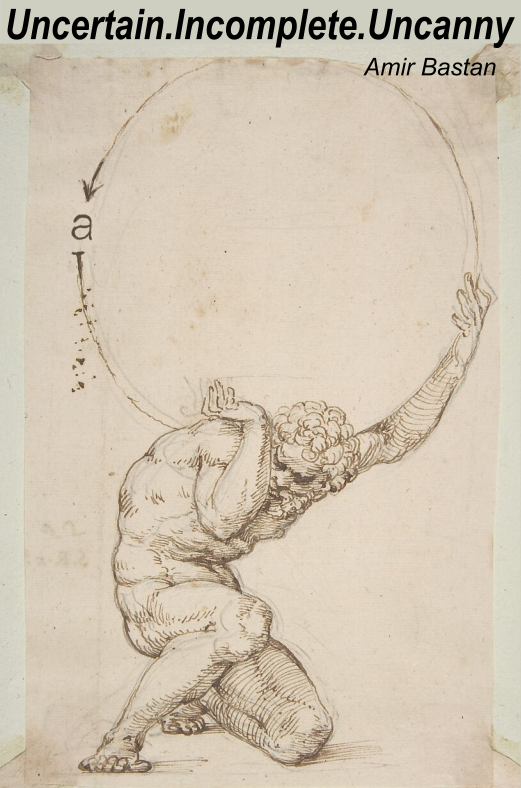
Program
We’ll open the doors at 18:30, allowing us all to get comfortable and start at 19:00 with the presentations from our speakers.
Join us at Crespo Haus, eat free, delicious soup with us, have a chat and enjoy the evening!
Contributors
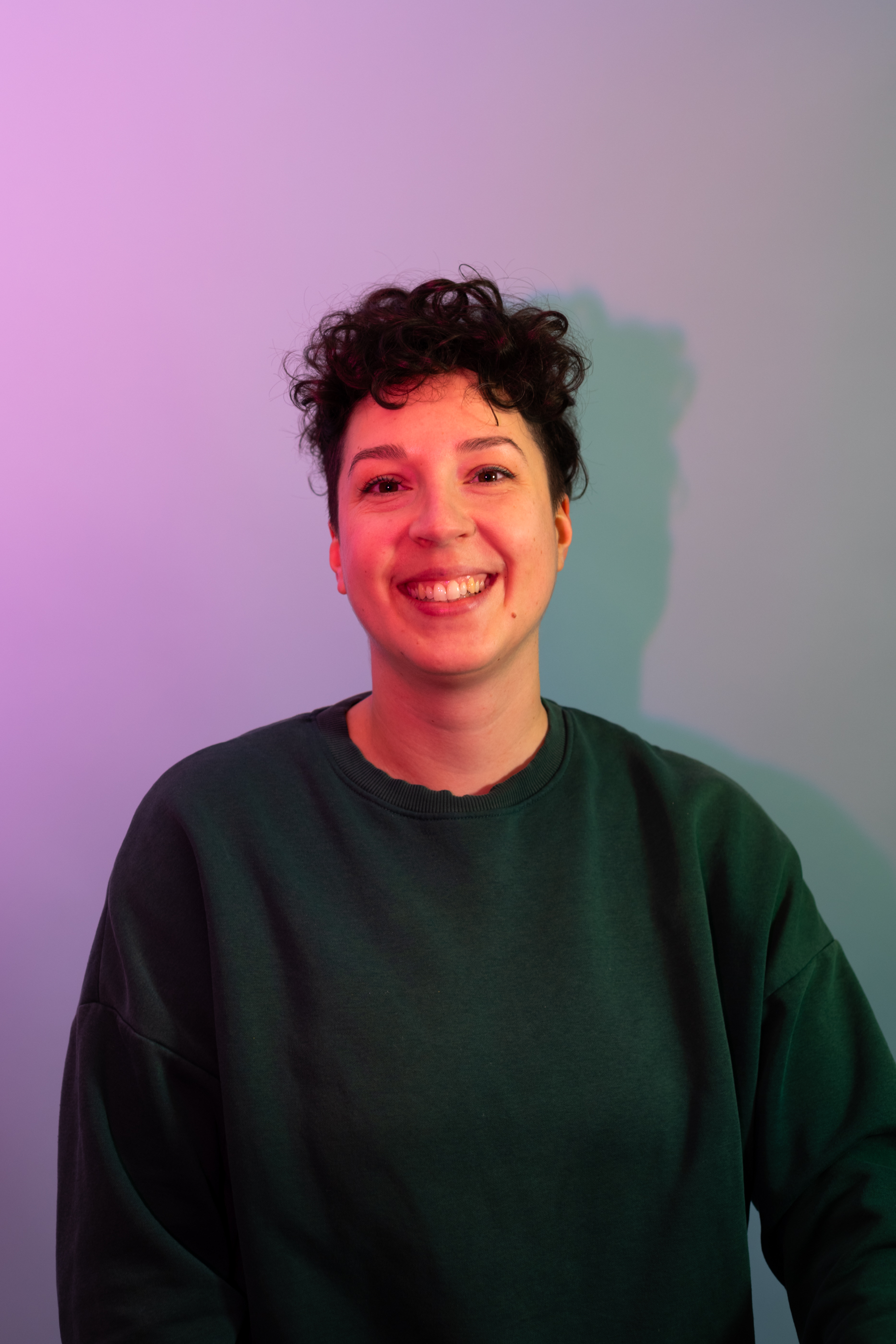
Carolin Liebl
Offenbach, Germany
www.radiate.fishCarolin Liebl and Nikolas Schmid-Pfähler create enigmatic plastic sculptures in collaboration with quirky robots. Through these and other sculptural and installation-based works, the artist duo explores the interweaving of natural and artificial, human and non-human, material and ideology. Their practice unfolds through an aesthetic investigation in dialog with scientific research.
Since 2020, they have been pursuing ongoing artistic research into biodegradable plastics in cooperation with researchers at the Sustainable Materials Innovation Hub, University of Manchester, UK. In 2019, the duo founded the interdisciplinary art space Atelier Wäscherei in Offenbach am Main and have served as its artistic directors ever since.
Their works have been exhibited internationally and are represented in prominent collections, including ZKM in Karlsruhe, WRO Art Center in Wroclaw, Poland and Ennova Art Museum in Langfang, China. In 2022, their monograph hello world was published by Distanz Verlag, Berlin.
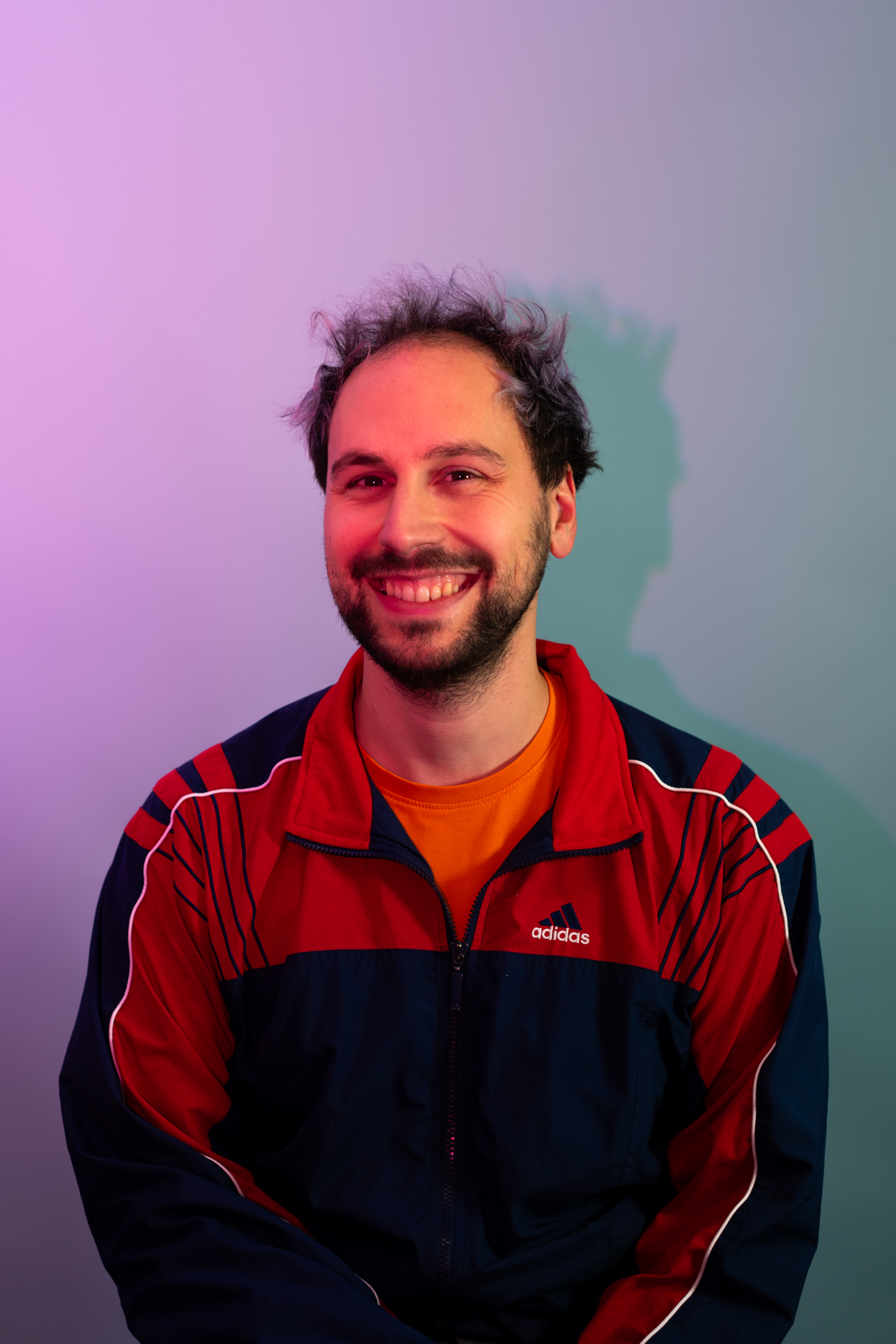
Nikolas Schmid-Pfähler
Offenbach, Germany
www.radiate.fishCarolin Liebl and Nikolas Schmid-Pfähler create enigmatic plastic sculptures in collaboration with quirky robots. Through these and other sculptural and installation-based works, the artist duo explores the interweaving of natural and artificial, human and non-human, material and ideology. Their practice unfolds through an aesthetic investigation in dialog with scientific research.
Since 2020, they have been pursuing ongoing artistic research into biodegradable plastics in cooperation with researchers at the Sustainable Materials Innovation Hub, University of Manchester, UK. In 2019, the duo founded the interdisciplinary art space Atelier Wäscherei in Offenbach am Main and have served as its artistic directors ever since.
Their works have been exhibited internationally and are represented in prominent collections, including ZKM in Karlsruhe, WRO Art Center in Wroclaw, Poland and Ennova Art Museum in Langfang, China. In 2022, their monograph hello world was published by Distanz Verlag, Berlin.
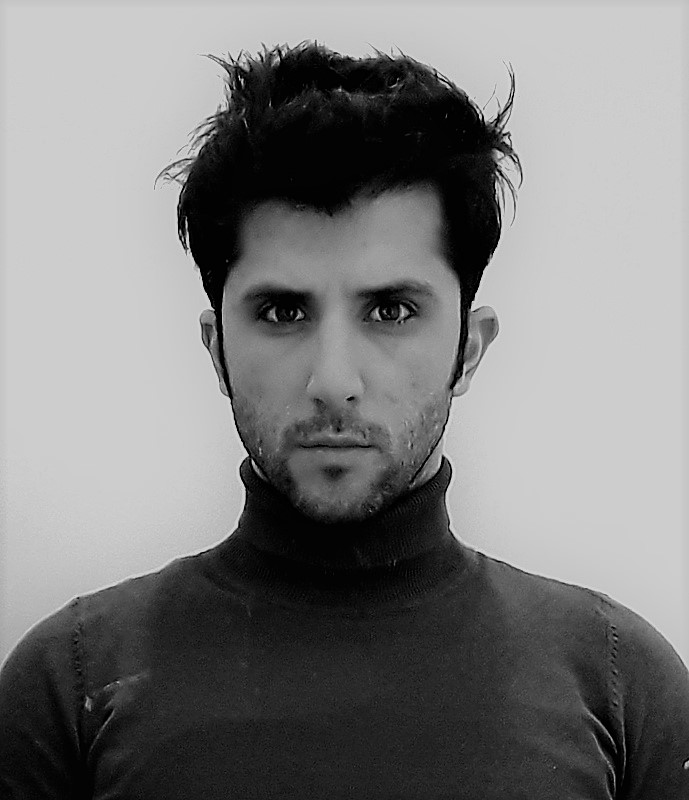
Amir Bastan
Linz, Austria
baxtan.xyzCurrently a doctoral researcher at Creative Robotics and lecturer at Kunstuni Linz, Amir’s research focuses on “The Human Robot Transference,” which examines connections between psychoanalysis theories and human-robot interaction.
Through his academic and artistic practice, Amir has developed expertise in real-time robotic control and simulation as part of The Bunraku Project, a software which enables real-time control, visualization, and simulation of industrial robots.
And what else will happen?
With this meetup season we will dive into the community – and, of course, we will again serve drinks and a yummy soup for free!
Just come by or RSVP (for better planning) here!

What is NODE+CODE?
Since 2014, the meetup invites creatives, designers, artists, coders and anyone else interested to a series of events with changing locations and thematic focuses – all related to working with code in design and the arts. We want to build a community of people interested in the creative and critical application of technology in Frankfurt and Rhein-Main.
Open Call
Be part of it and share your projects, challenges and questions with the community in one of our next meetups:
Propose your contribution! [DE/EN]
Funding
The project is funded in the program “Promotion of Cultural and Creative Industries Institutions” by the Hessian Ministry of Economy, Energy, Transport, Housing and Rural Affairs.

In collaboration with

Hosted by
![]()